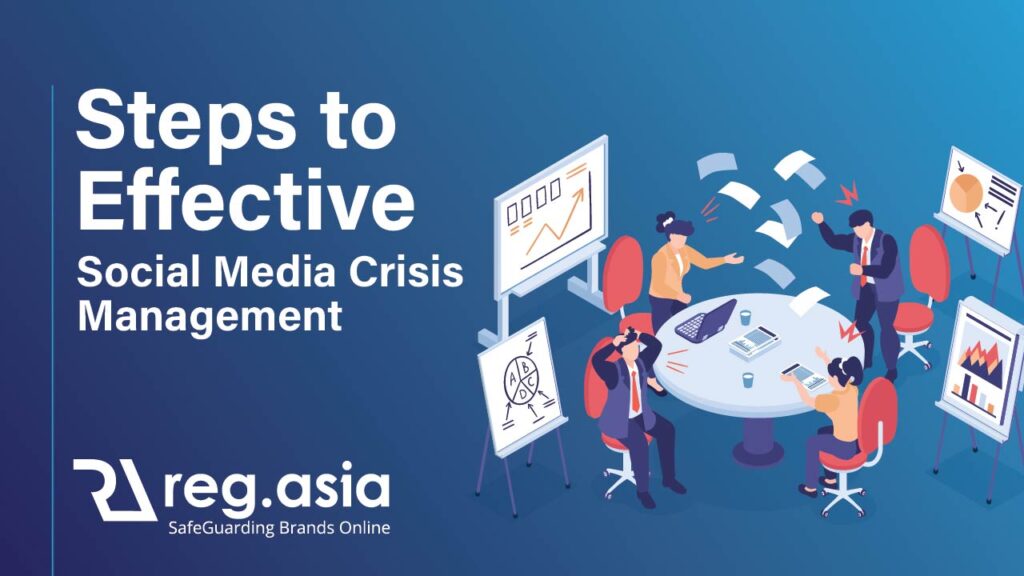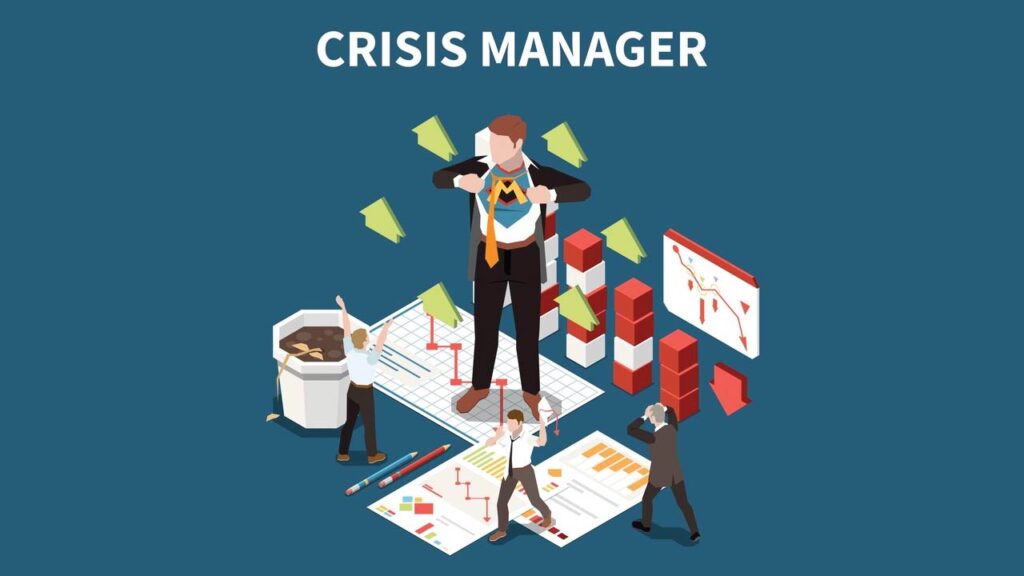Steps to Effective Social Media Crisis Management

In the age of digital communication, social media has become a powerful tool for businesses to connect with their audience. However, this also means that a crisis can unfold on these platforms at any moment, potentially damaging a brand’s reputation. Effective social media crisis management is essential to navigate these challenging situations and maintain trust with your audience. In this blog post, we’ll explore the crucial steps to successfully handle a social media crisis.

1. Establish a Crisis Management Team
The first step in handling a social media crisis is to assemble a dedicated crisis management team. This team should include key individuals from various departments, such as public relations, marketing, legal, and social media. A well-rounded team ensures that different perspectives and expertise are brought to the table, enabling a more comprehensive and effective crisis response.

2. Monitor Social Media Channels
Constant monitoring of social media channels is crucial for early detection of potential crises. Utilise social media listening tools to keep track of mentions, comments, and overall sentiment regarding your brand. By staying vigilant, you can identify emerging issues before they escalate, allowing your team to respond promptly and appropriately.

3. Develop a Crisis Response Plan
A well-defined crisis response plan is essential for efficient social media crisis management. The plan should outline specific roles and responsibilities for each team member, as well as clear protocols for communication and decision-making. By establishing a comprehensive plan in advance, your team can respond swiftly and decisively when a crisis occurs.

4. Respond Quickly and Transparently
In the realm of social media, time is of the essence. Once a crisis is identified, respond quickly and transparently. Acknowledge the issue, take responsibility for any mistakes, and communicate your commitment to resolving the situation. Transparency builds trust, and a prompt response demonstrates that your brand is actively addressing the concerns of your audience.

5. Tailor Communication to Each Platform
Different social media platforms have distinct user demographics and communication styles. Tailor your crisis response to fit the nuances of each platform where the crisis is unfolding. Whether it’s a lengthy statement on Facebook or a concise tweet on Twitter, adapt your messaging to resonate with the audience on each platform.

6. Pause Scheduled Content
During a crisis, it’s essential to prioritise addressing the issue at hand rather than continuing with regular content schedules. Pause any pre-scheduled posts or campaigns to avoid appearing tone-deaf or insensitive. Focus on delivering relevant and timely information about the crisis to demonstrate your commitment to resolving the issue.

7. Collaborate with Influencers and Advocates
In times of crisis, your brand advocates and influencers can play a crucial role in helping to rebuild trust. Engage with them to share your story, address concerns, and encourage them to amplify positive messages. Authentic support from influencers and brand advocates can have a significant impact on shaping public perception.

8. Learn and Iterate
After the crisis has been resolved, take the time to conduct a thorough post-mortem analysis. Evaluate the effectiveness of your crisis management strategies, identify areas for improvement, and incorporate these lessons into your crisis response plan. Continuous learning and iteration are key to strengthening your brand’s resilience in the face of future challenges.

The Inevitability of Social Media Crises
Social media crises are inevitable in today’s interconnected world, but businesses can successfully navigate these challenges with a well-prepared crisis management team and a proactive approach. By monitoring social media channels, responding quickly and transparently, and learning from each crisis, organisations can manage the immediate situation and emerge more robust and resilient in the long run.
